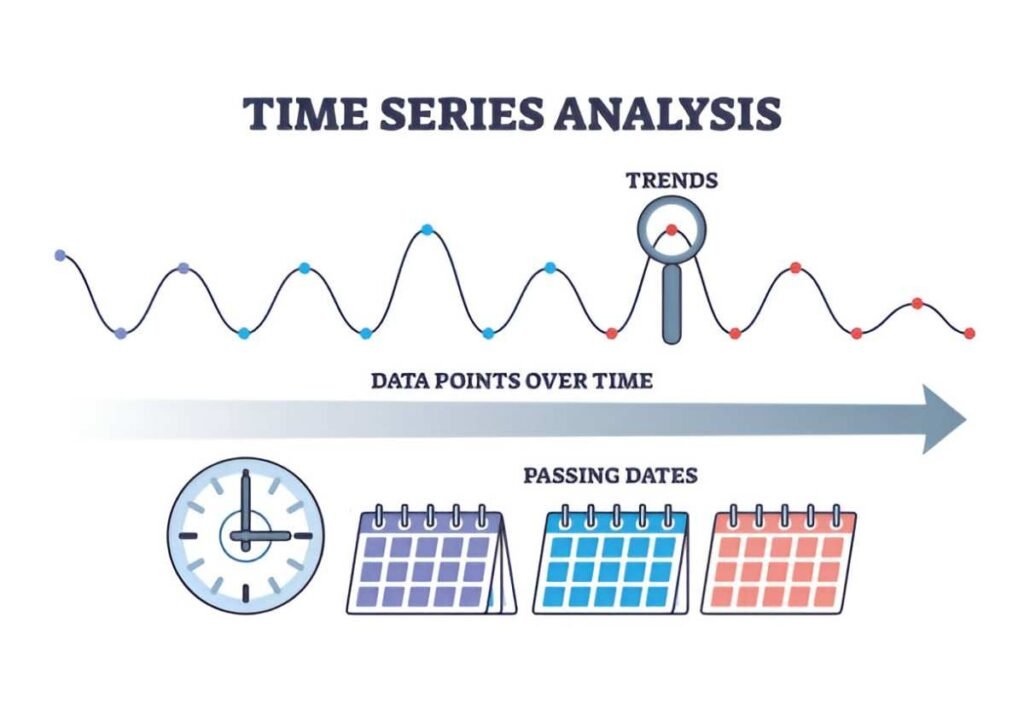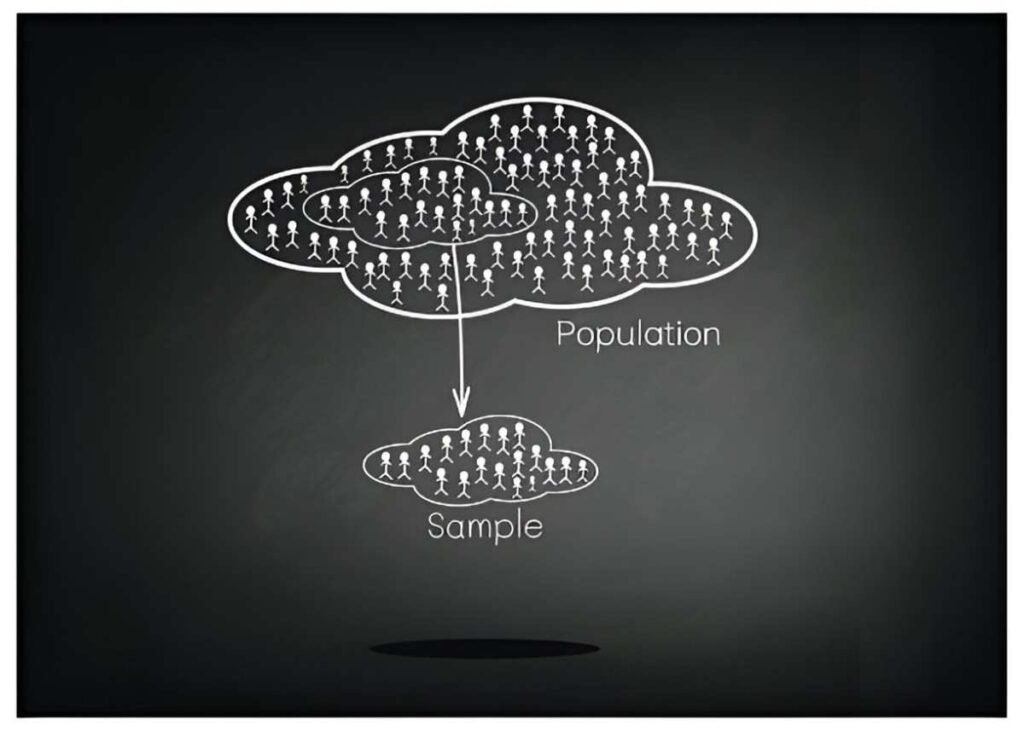As someone who has spent years analyzing financial and accounting data, I know firsthand how critical accurate data collection is. Whether conducting surveys, audits, or market research, interviewer errors can distort findings and lead to costly decisions. In this article, I break down the most common mistakes in data collection, explain why they happen, and offer practical solutions to minimize them.
Table of Contents
What Is Interviewer Error?
Interviewer error occurs when the person collecting data introduces inaccuracies, either intentionally or unintentionally. These mistakes can stem from poor training, cognitive biases, or flawed survey design. In financial research, even minor errors can skew projections, misrepresent trends, or lead to regulatory non-compliance.
Types of Interviewer Errors
- Leading Questions – When questions are phrased in a way that nudges respondents toward a specific answer.
- Recording Mistakes – Miswriting or misinterpreting responses.
- Non-Neutral Behavior – Facial expressions, tone, or body language that influence responses.
- Sampling Bias – Selecting respondents who don’t represent the target population.
- Fatigue Effects – Declining data quality as the interviewer or respondent tires.
The Financial Impact of Interviewer Error
Consider a market research firm estimating demand for a new financial product. If interviewers unintentionally steer respondents toward positive feedback, the firm may overestimate demand and allocate resources inefficiently. The cost of such errors can be quantified using the formula for expected loss:
Where:
- E(L) = Expected loss
- P_i = Probability of error type i
- C_i = Cost associated with error type i
For example, if there’s a 10% chance of leading questions (P_i = 0.10) and the cost of misallocated resources is $500,000 (C_i = 500,000), the expected loss from this error alone is $50,000.
Common Mistakes and How to Avoid Them
1. Leading Questions
A survey question like, “Don’t you think our new investment plan is better than traditional options?” pushes respondents toward agreement. A neutral alternative would be: “How would you compare our new investment plan to traditional options?”
Solution:
- Use balanced phrasing.
- Pilot-test questions before full deployment.
2. Recording Mistakes
Manual data entry is prone to errors. A study by the Journal of Accounting Research found that 5-10% of manually recorded financial data contains inaccuracies.
Solution:
- Use digital forms with validation checks.
- Double-entry verification for critical data.
3. Non-Neutral Behavior
If an interviewer nods approvingly when a respondent favors a certain stock, the respondent may feel pressured to conform.
Solution:
- Standardize interviewer training.
- Use automated surveys where possible.
4. Sampling Bias
If a financial survey only interviews high-net-worth individuals, it may miss broader market trends.
Solution:
- Stratified random sampling ensures all segments are represented.
- Adjust weights in analysis to correct imbalances.
5. Fatigue Effects
Long surveys lead to rushed or disengaged responses. A Federal Reserve study found that response accuracy drops by 15% after 20 minutes.
Solution:
- Keep surveys concise.
- Randomize question order to distribute fatigue evenly.
Case Study: Mortgage Approval Surveys
A bank conducted a survey to assess customer satisfaction with mortgage approvals. Interviewers, aware of the bank’s push for higher satisfaction scores, unconsciously emphasized positive aspects. The result? An inflated 92% satisfaction rate. An independent audit later revealed the true rate was 78%.
Lessons Learned:
- Third-party audits reduce bias.
- Anonymized responses prevent interviewer influence.
Mathematical Adjustments for Error Correction
When errors are detected, statistical corrections can salvage data. For example, if non-response bias is suspected, we can adjust using:
\hat{Y}{adj} = \hat{Y} + (1 - r) \times \bar{Y}{non-respondents}Where:
- \hat{Y}_{adj} = Adjusted estimate
- \hat{Y} = Original estimate
- r = Response rate
- \bar{Y}_{non-respondents} = Mean of non-respondent follow-ups
Best Practices for Minimizing Interviewer Error
| Error Type | Prevention Strategy |
|---|---|
| Leading Questions | Neutral phrasing, pilot testing |
| Recording Mistakes | Digital forms, double-entry checks |
| Non-Neutral Behavior | Standardized training |
| Sampling Bias | Stratified random sampling |
| Fatigue Effects | Shorter surveys, randomization |
Conclusion
Interviewer errors are pervasive but manageable. By recognizing common pitfalls and implementing structured solutions, financial professionals can ensure data integrity. Whether you’re conducting internal audits or market research, a disciplined approach to data collection will yield more reliable insights.





